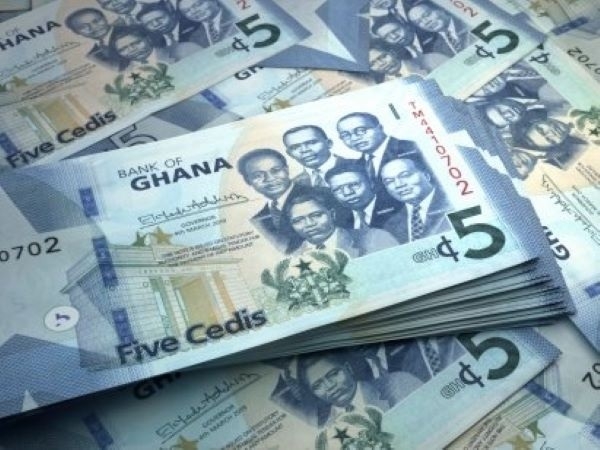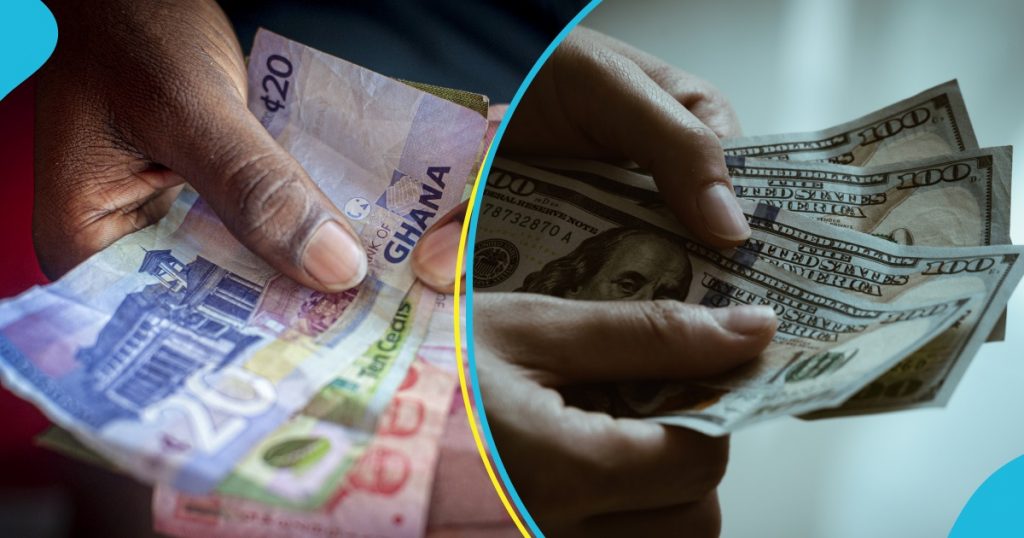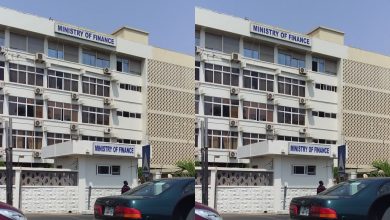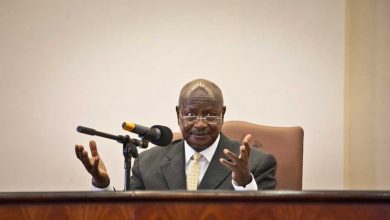
The Ghanaian cedi resumed its downward trend last week, registering a 9.65% depreciation against the US dollar on the retail market since the year began.
Despite interventions by the Bank of Ghana, such as auctioning $20 million to Bulk Oil Distribution Companies at a forward rate of GH¢13.23 to a dollar, the local currency continued to weaken.
In the past week alone, the cedi lost 0.19% against the US dollar and 0.90% against the British pound, although it managed a slight 0.17% gain against the euro.
This depreciation occurred despite Ghana and IMF officials reaching a staff-level agreement on the second review of the $3 billion Extended Credit Facility.
While this agreement is viewed positively and is a step towards accessing the planned $360-million funding, actual disbursement depends on reaching a Memorandum of Understanding aligned with the $5.4 billion official creditor restructuring agreement from January 2024.
Additionally, Ghana faced challenges in reaching a debt restructuring agreement with two international bondholder groups.

Analysts note that although IMF board approval isn’t directly tied to debt restructuring, these developments could increase market uncertainty.
Investors may seek safe-haven assets, potentially further weakening the Ghanaian cedi this week.
As of now, the cedi’s average exchange rate stands at GH¢13.60 to a dollar at forex bureaus.”
Source-myjoyonline





